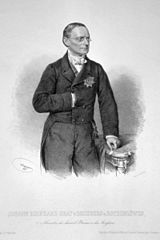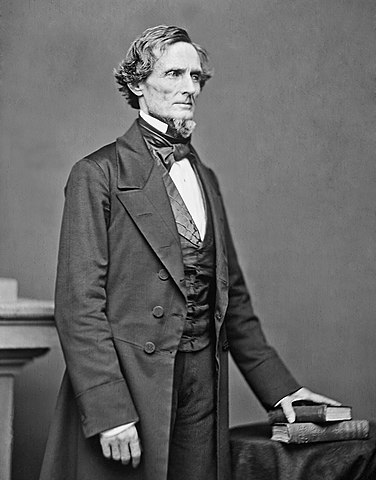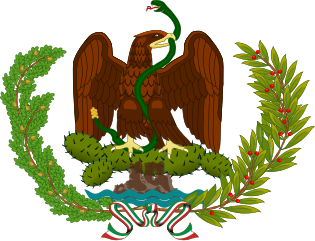Kaiserthum Oesterreich

"Gott erhalte Franz den Kaiser!"
---
Imperial Government

Franz Joseph von Österreich
By the Grace of God Emperor of Austria, King of Hungary, Bohemia, King of Lombardy and Venice, of Dalmatia, Croatia, Slavonia, Galicia, Lodomeria and Illyria; King of Jerusalem etc., Archduke of Austria; Grand Duke of Tuscany and Cracow, Duke of Lorraine, of Salzburg, Styria, Carinthia, Carniola and of the Bukovina; Grand Prince of Transylvania; Margrave of Moravia; Duke of Upper and Lower Silesia, of Modena, Parma, Piacenza and Guastalla, of Auschwitz, Zator and Teschen, Friuli, Ragusa and Zara; Princely Count of Habsburg and Tyrol, of Kyburg, Gorizia and Gradisca; Prince of Trent and Brixen; Margrave of Upper and Lower Lusatia and in Istria; Count of Hohenems, Feldkirch, Bregenz, Sonnenberg, etc.; Lord of Trieste, of Cattaro, and over the Windic march, etc.

Chairmen of the Ministers' Conference:
Agenor Romuald Gołuchowski, Graf von Gołuchowo

Foreign Minister:
Johann Bernhard, Graf von Rechberg und Rothenlöwen
---
Domestic Affairs
1861
On Government Reform:
The Illusion of Choice, Part I.
The Illusion of Choice, Part II.
The Illusion of Choice, Part III.
On Military Matters:
The Black Eagle along the Danube, Part I.
On Economic Matters:
The Engine of Progress, Part I.
1862
The Process of Governance:
The Empire at the beginning of 1862.
Liszt and the Imperial Academy of Music.
Wesselényi's Legacy and the growth of Habsburg "Nationalisms"
1863
Romako, the Naval Budget, and the Flottenverein
"In defense of lawful authority."
Interlude at Miramar: "Mountain Hungarians" and Ironclads
Southron plots & the Danish Crisis
---
Foreign Affairs
---

"Gott erhalte Franz den Kaiser!"
---
Imperial Government

Franz Joseph von Österreich
By the Grace of God Emperor of Austria, King of Hungary, Bohemia, King of Lombardy and Venice, of Dalmatia, Croatia, Slavonia, Galicia, Lodomeria and Illyria; King of Jerusalem etc., Archduke of Austria; Grand Duke of Tuscany and Cracow, Duke of Lorraine, of Salzburg, Styria, Carinthia, Carniola and of the Bukovina; Grand Prince of Transylvania; Margrave of Moravia; Duke of Upper and Lower Silesia, of Modena, Parma, Piacenza and Guastalla, of Auschwitz, Zator and Teschen, Friuli, Ragusa and Zara; Princely Count of Habsburg and Tyrol, of Kyburg, Gorizia and Gradisca; Prince of Trent and Brixen; Margrave of Upper and Lower Lusatia and in Istria; Count of Hohenems, Feldkirch, Bregenz, Sonnenberg, etc.; Lord of Trieste, of Cattaro, and over the Windic march, etc.

Chairmen of the Ministers' Conference:
Agenor Romuald Gołuchowski, Graf von Gołuchowo

Foreign Minister:
Johann Bernhard, Graf von Rechberg und Rothenlöwen
---
Domestic Affairs
1861
On Government Reform:
The Illusion of Choice, Part I.
The Illusion of Choice, Part II.
The Illusion of Choice, Part III.
On Military Matters:
The Black Eagle along the Danube, Part I.
On Economic Matters:
The Engine of Progress, Part I.
1862
The Process of Governance:
The Empire at the beginning of 1862.
Liszt and the Imperial Academy of Music.
Wesselényi's Legacy and the growth of Habsburg "Nationalisms"
1863
Romako, the Naval Budget, and the Flottenverein
"In defense of lawful authority."
Interlude at Miramar: "Mountain Hungarians" and Ironclads
Southron plots & the Danish Crisis
---
Foreign Affairs
---
Last edited:































